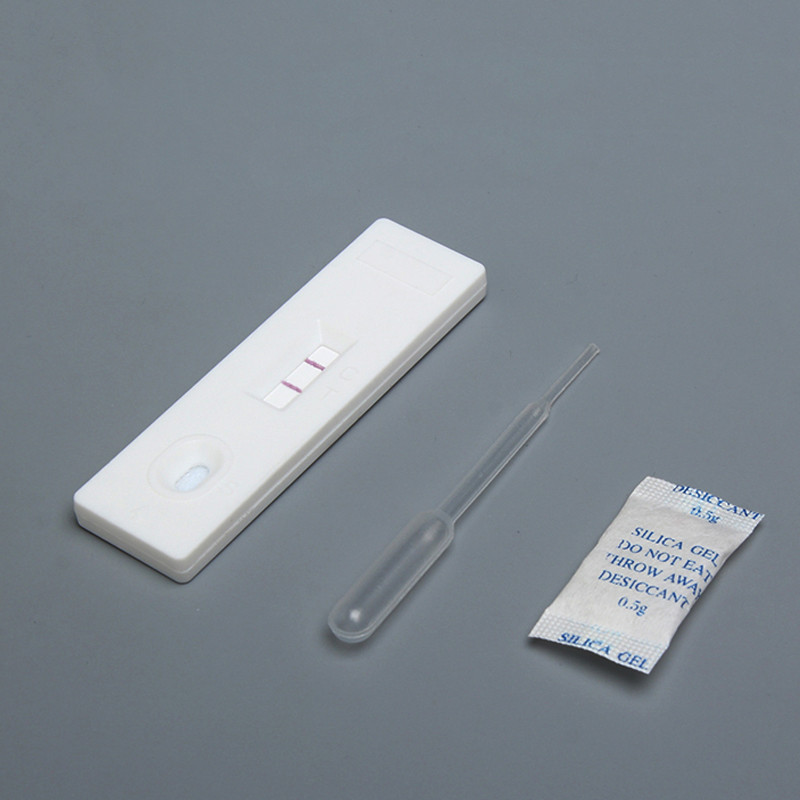Oct . 21, 2024 14:59 Back to list
diagnosis syphilis test
Diagnosis of Syphilis Understanding Testing and Implications
Syphilis is a sexually transmitted infection (STI) caused by the bacterium Treponema pallidum. It has been a significant public health concern for centuries, with a complex clinical presentation that can lead to severe complications if left untreated. Early diagnosis and treatment are crucial to prevent the progression of the disease and to reduce the risk of transmission. This article explores the various syphilis tests available, their implications, and the importance of early detection.
The diagnosis of syphilis typically begins with a thorough medical history and physical examination. Health care providers look for common symptoms such as sores or lesions, rashes, or lymph node swelling. However, many individuals with syphilis may not exhibit noticeable symptoms, particularly in the early stages, making testing vital for those at risk.
Diagnosis of Syphilis Understanding Testing and Implications
If a non-treponemal test returns positive, a confirmatory treponemal test is usually performed. Treponemal tests, such as the Enzyme Immunoassay (EIA) or the Fluorescent Treponemal Antibody Absorption (FTA-ABS) test, detect antibodies that are specific to the Treponema pallidum bacterium. These tests provide more definitive results, although they may remain positive for life, even after successful treatment.
diagnosis syphilis test

In some cases, direct detection methods, such as dark-field microscopy or polymerase chain reaction (PCR), may be utilized to identify the bacteria directly from lesions or bodily fluids. These methods are especially useful in cases of early primary syphilis when lesions are present.
Early diagnosis and treatment of syphilis are essential not only for the health of the individual but also for public health. Untreated syphilis can lead to severe long-term health issues, including cardiovascular problems, neurological issues, and complications in pregnancy, such as congenital syphilis in newborns. Moreover, individuals with syphilis are at a higher risk of acquiring or transmitting HIV.
Regular testing for syphilis is recommended for individuals who are sexually active, particularly those with multiple partners or those who engage in high-risk behaviors. Education and awareness about the importance of safe sexual practices can further help in reducing the incidence of syphilis.
In conclusion, the diagnosis of syphilis involves a series of tests that play a crucial role in managing this STI. Understanding the different testing methods and their implications can empower individuals to seek timely medical attention and safeguard their health and wellbeing. Early detection and treatment not only benefit the individual but also contribute to a broader public health strategy in combating the spread of syphilis and other STIs.
-
Accurate Benzodiazepines (BZO) Rapid Test Kits | Fast Results
NewsAug.27,2025
-
Trusted Early Pregnancy Test Kit Supplier | Accurate, Fast Results
NewsAug.26,2025
-
China Sterile Nylon Flocked Throat Swabs: Superior Sample Collection
NewsAug.25,2025
-
COVID-19 Rapid Antigen Test Kit: Accurate & Fast Home Results
NewsAug.24,2025
-
Premium Cassette Lateral Flow Devices for Rapid Diagnostics
NewsAug.23,2025
-
Pregnancy Test Calculator: Know Your Weeks, Week by Week
NewsAug.22,2025

